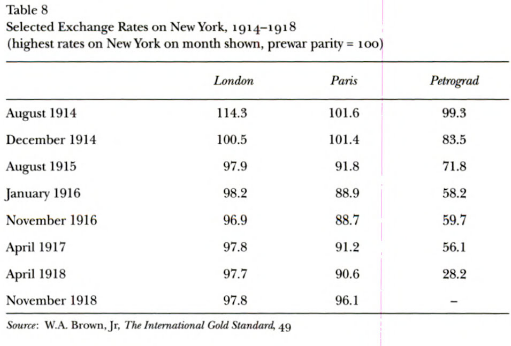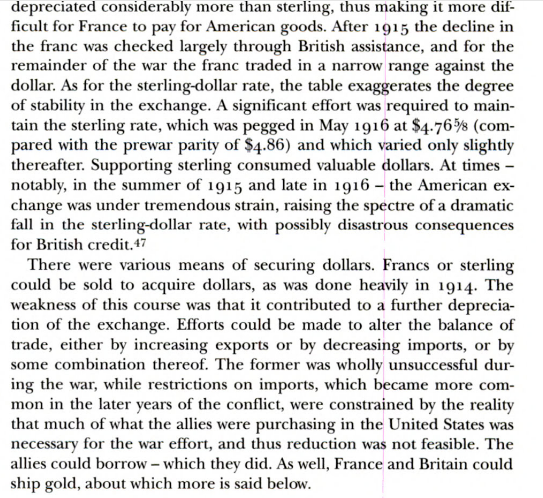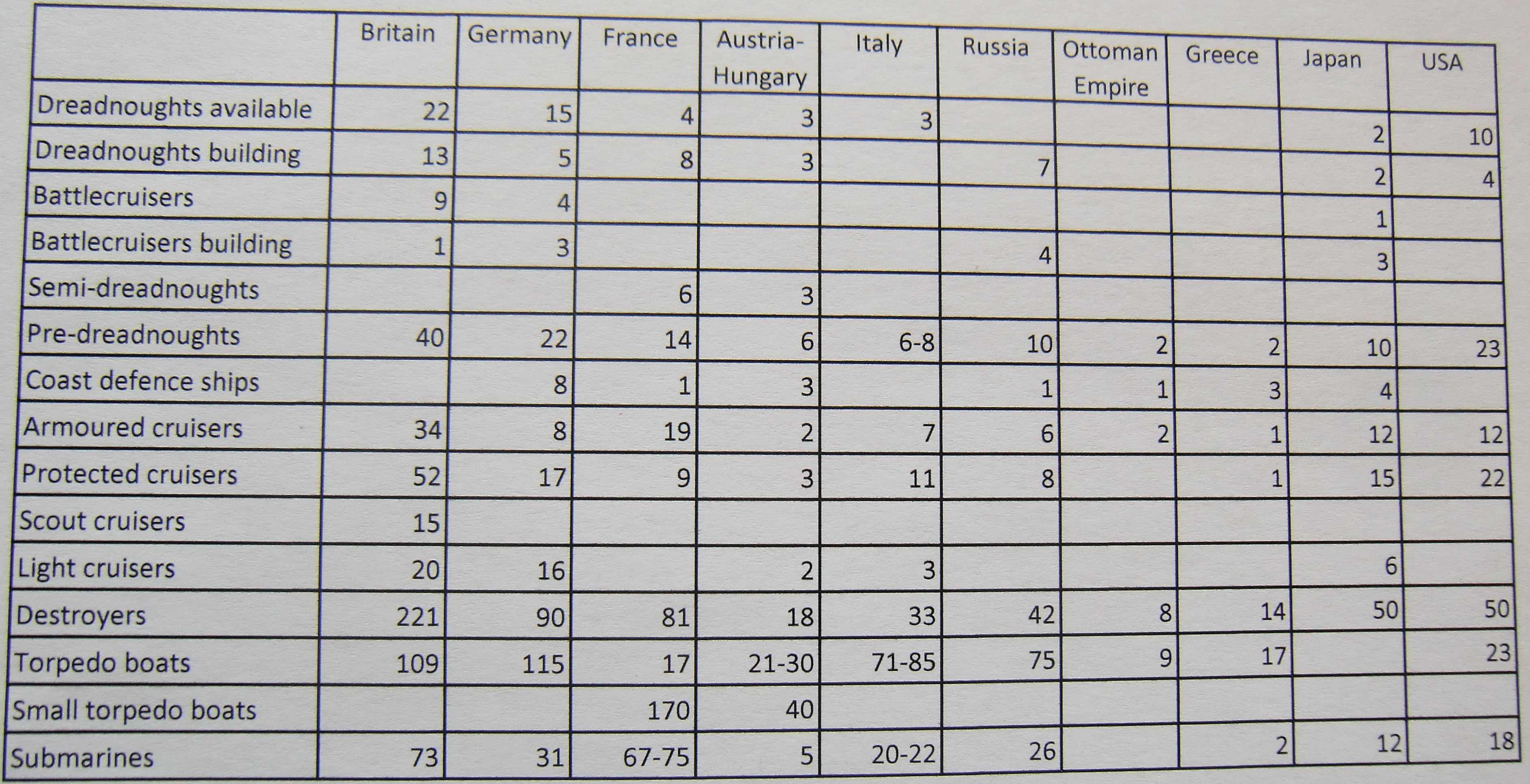Have we figured out a likely POD? I do have an idea for one, though not bullet proof:
In the early 1900s, the Germans start to court a closer relationship with the United States, increasingly mindfull of thier isolation, and needing a strong trading partner to supply thier needs in case war breaks out. Initially, this starts out very lightly with reinforcing trade agreements and building new ones, with Germany subtly courting American Public Opinion as they slowly expand the relationship. One of the Entente powers starts to pressure the United States against this growing of ties, which the US sees as Patronizing, and thusly causing relations between the US and one or more of the Entente powers to cool. Germany seizes on this, and backs up the United States, making sure to play up the German Empire seeing the United States as a Peer; both in Diplomatic Events and in the papers and materials aimed at the public of both nations. As ties get stronger and the nations get closer, the United States gets in on the 'Oh no, the (Insert other block power here) is doing (Insert provocative act here), THERE'LL BE A WAR!@!!!#" and so the Sleeping Giant starts to awaken, as the US Industry and Military start to ramp up with a collapsing nation to thier south, and a potentially hostile empire to the North. The British, likely with French urging, starts saber rattling with the United States as they do this build up, wanting to scare them out of the hands of the Central Powers. Not only does this not work, but Germany goes: "I gotchu fam!" with the United States and backs them up. By the time the war comes, the United States is in a place similar to the UK is with the Entente, willing to join, but looking for a provocation first. that provocation can come in two places: The British joining period, but that requires ALOT more hostility across the 'pond' than I'm ready to say exsists...or we go with an idea brought up here, and have the US Navy with some Merchant Marine guys try to deliver on a trade route with Germany, only to get confronted by the Royal Navy. When it's mentioned that the goods onboard is mostly food and not war material, the British don't seem to care and decide to force the Americans out of the area.
as I said, it's likely not bullet proof, but it's an idea to explain the US joining on the side of the Central Powers in the early days of the war, as well as remove that issue of the US almost having no real military force


